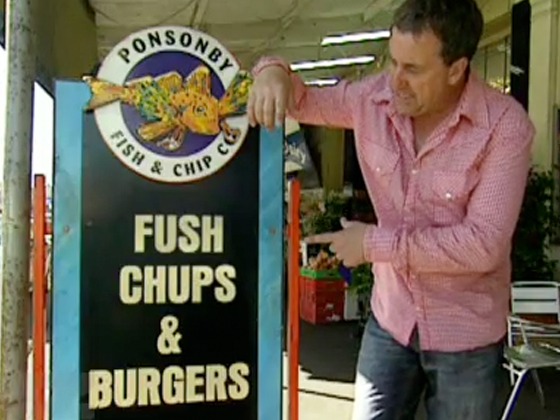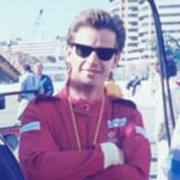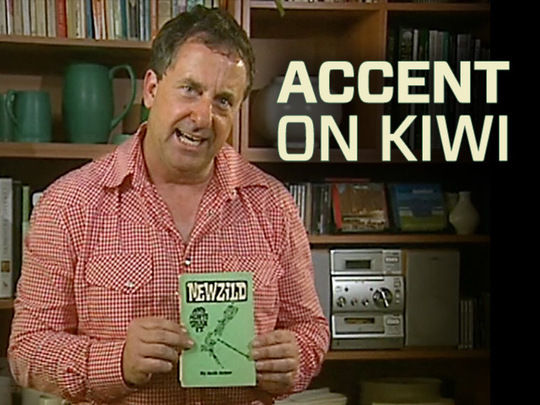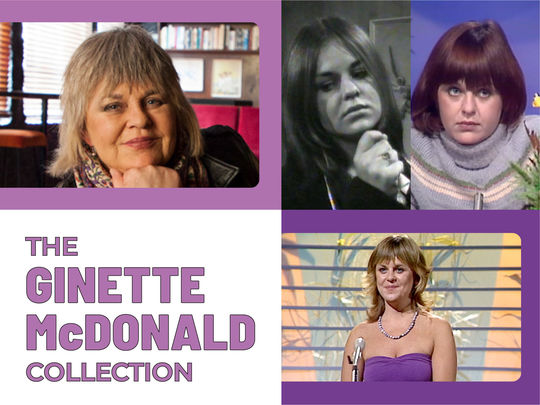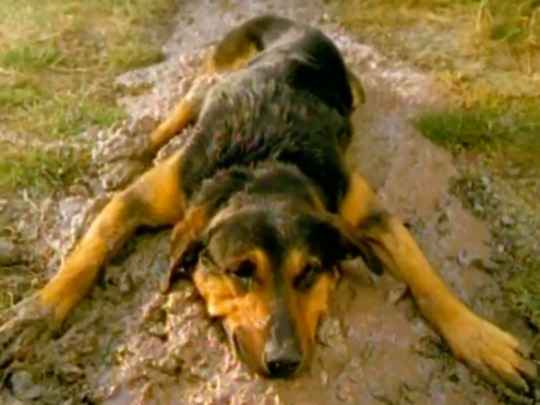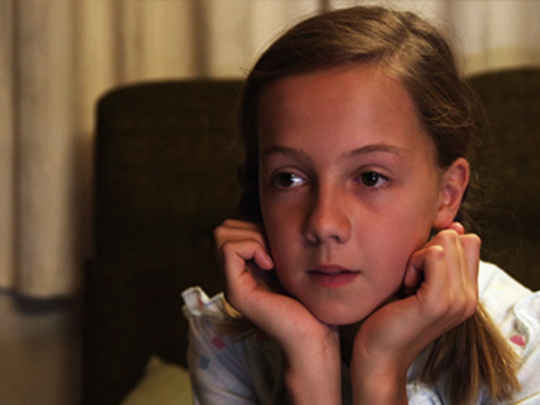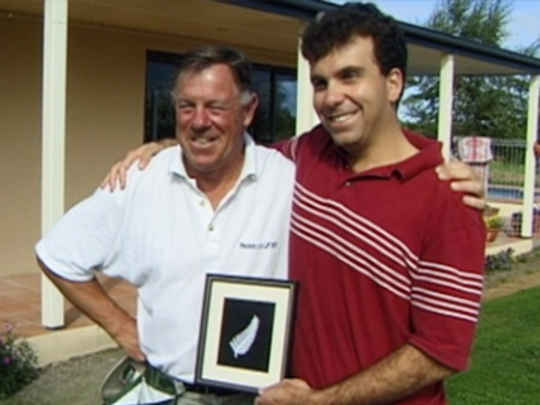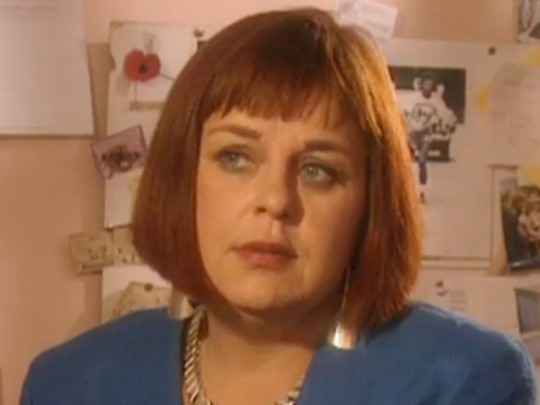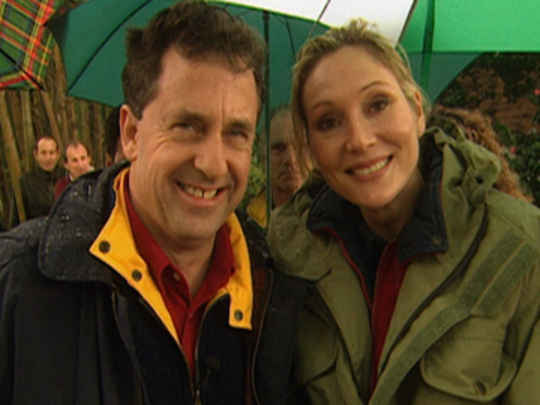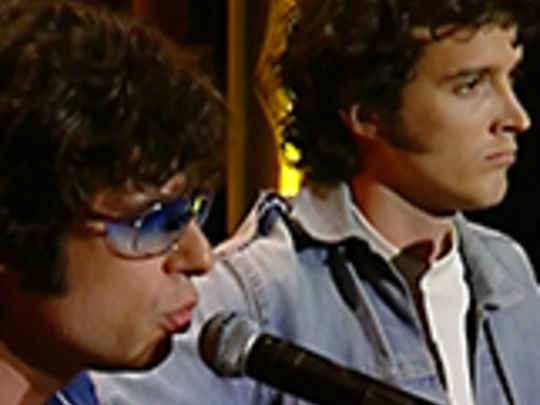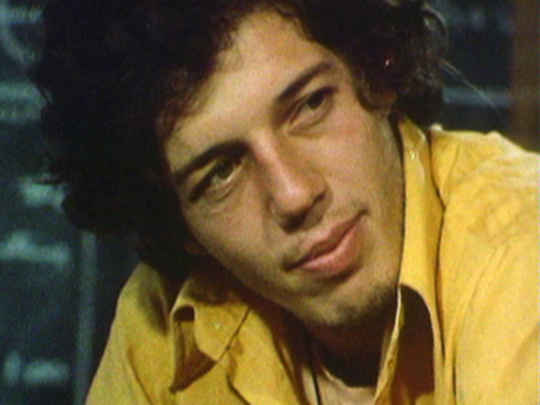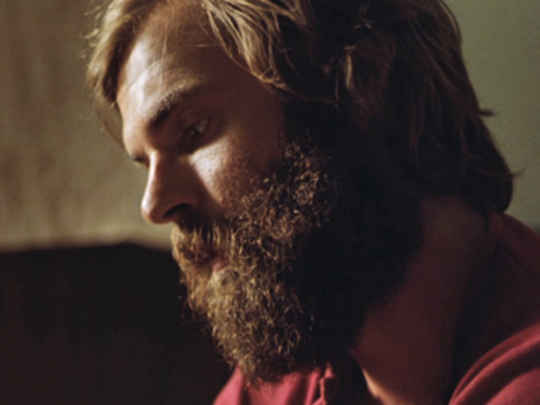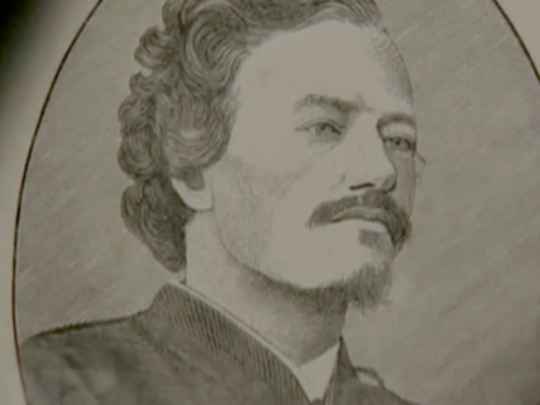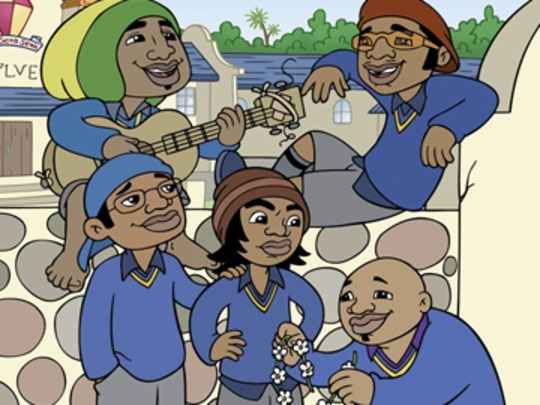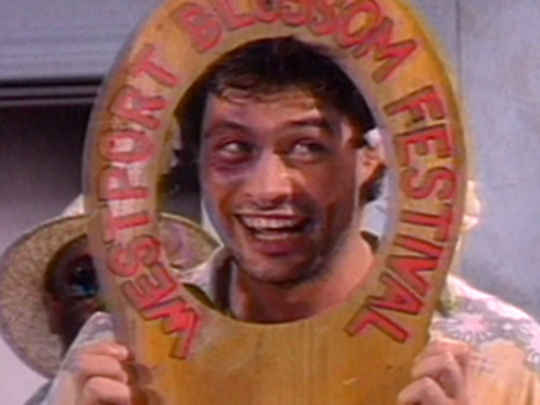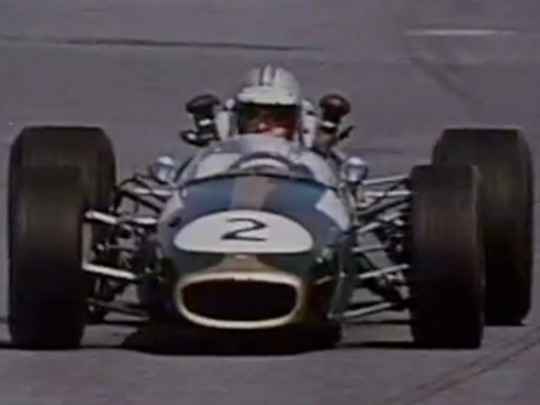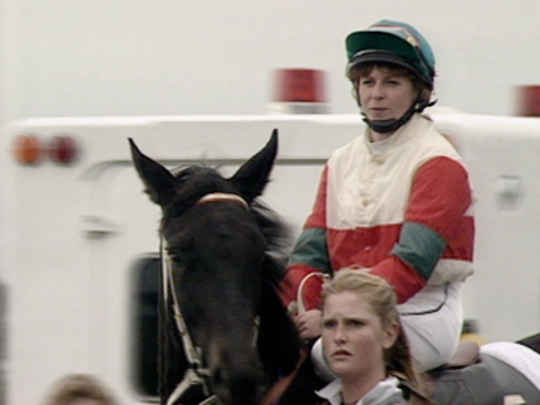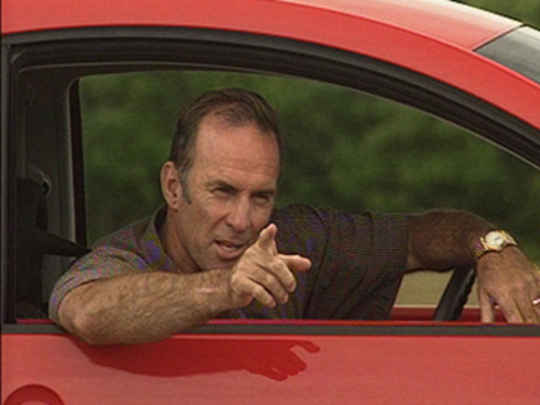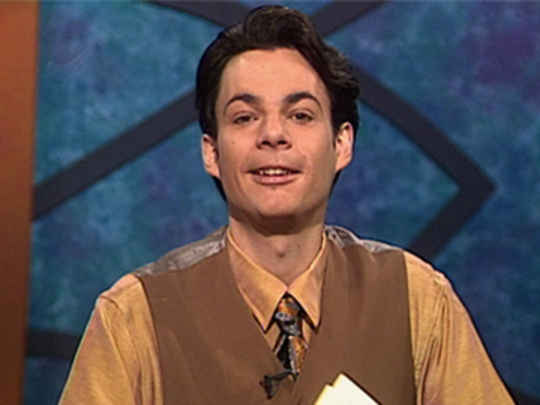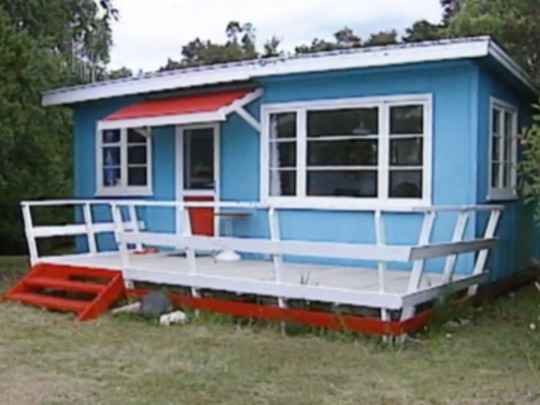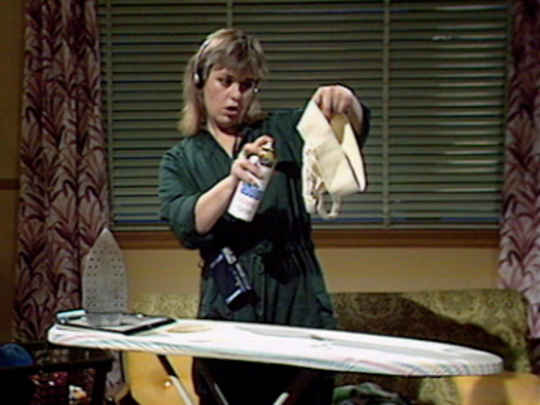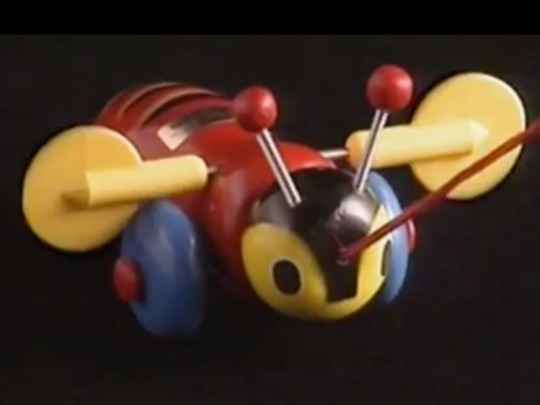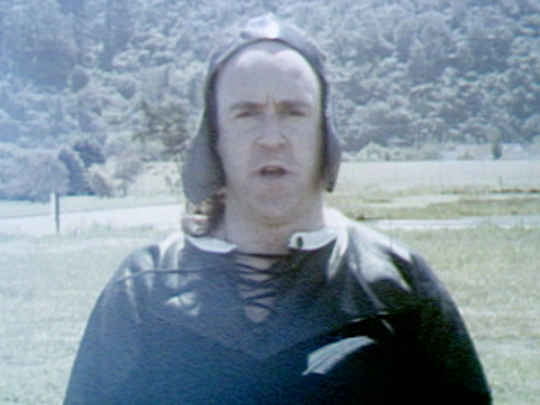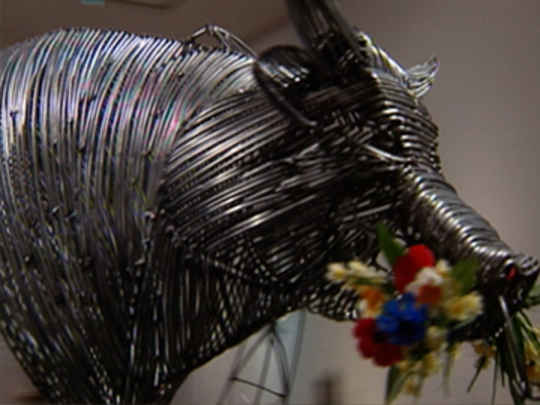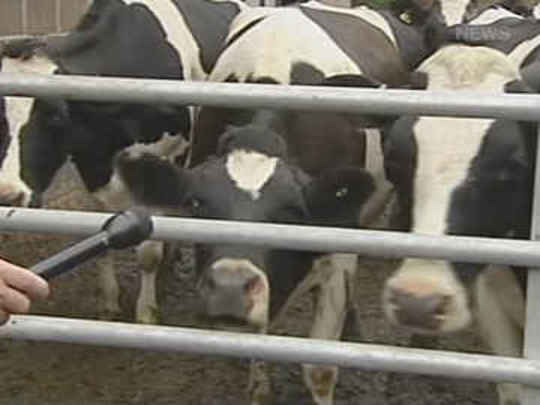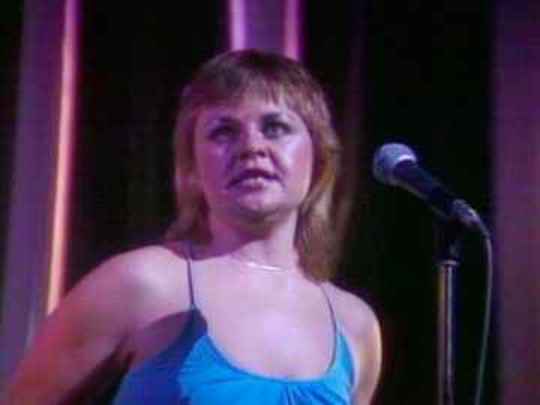The first of five parts from this full length documentary.
The second of five parts from this full length documentary.
The third of five parts from this full length documentary.
The fourth of five parts from this full length documentary.
The fifth of five parts from this full length documentary.
The credits from this documentary.
New Zild - The Story of New Zealand English
Television (Full Length) – 2005
The Director's Perspective
I've always been a keen observer of the different ways in which people speak the English language. So it was with enthusiasm that I tuned in to watch the Emmy Award-winning 1986 TV Series The Story of English. It was fascinating viewing as it dealt with the origins and spread of the English language throughout the world. In the final episode the programme dealt with the more recent variants of English.
In the scene, the presenter is on a boat in Sydney Harbour. In one sentence he dealt with the ‘colonial' variants of English that had evolved in Australia, New Zealand and South Africa. I was outraged! I believed that the subject of New Zealand English warranted a more thorough investigation and was determined that one day I would make a documentary on that subject. Many years were to pass before I could convince those with the purse strings that such a documentary would attract an audience- but eventually it happened.
On New Zealand television, most discussion about New Zealand English had centered on our local vocabulary and expressions - Jandals, rattle yer dags - that sort of thing. But what I was interested in was the unique sound of our English. The challenge was how to illustrate this. How do you show a picture of a sound?
Fortunately there are a group of people whose job it is to observe and reflect the way people speak: comedians. When a new trend in pronunciation arises, it is often comedians who will detect it first. So I have people like John Clarke (Fred Dagg), Billy T James and Ginette MacDonald (Lynn of Tawa) to thank for a lot of the material that enabled me to illustrate our sounds.
Another aim of the documentary was to explore where, how, and why, our variant of English arose and how it had changed over the years. As a child, I'd observed that my Grandmother (born in 1901) and other New Zealanders of her generation spoke differently to me. When she said words like ‘gold' and ‘told', the vowel sound was more like that in the word ‘coat'.
At the time it just sounded funny but in the course of making the documentary I realised that she was speaking in ‘Proto-NewZild', an ancestor of the NewZild that I speak. Her vowel sounds were the product of the unique melting pot of English dialects that arrived on our shores with the waves of 19th Century immigrants. But by the time I was born it was starting to sound ‘archaic'.
Now, when I (born 1955) listen to the speech of my niece (born 1987) it is my language that is starting to sound archaic. When she and her friends say ‘like', it sounds to me as if they are saying ‘lake'. That is the fascinating thing about language. It is always changing. And of course ‘NewZild' is no exception.
In making the documentary I was aware that it was only a snap-shot in time. A freeze-frame of the way New Zealand English was spoken at the end of the 20th Century. But I was aware that I wasn't just making it for the viewers of today. Perhaps a future documentary maker (as yet unborn!) will find the programme valuable as source material when making a documentary about how and why NewZild came to be spoken the way it is (will be?) at the end of the 21st Century!
